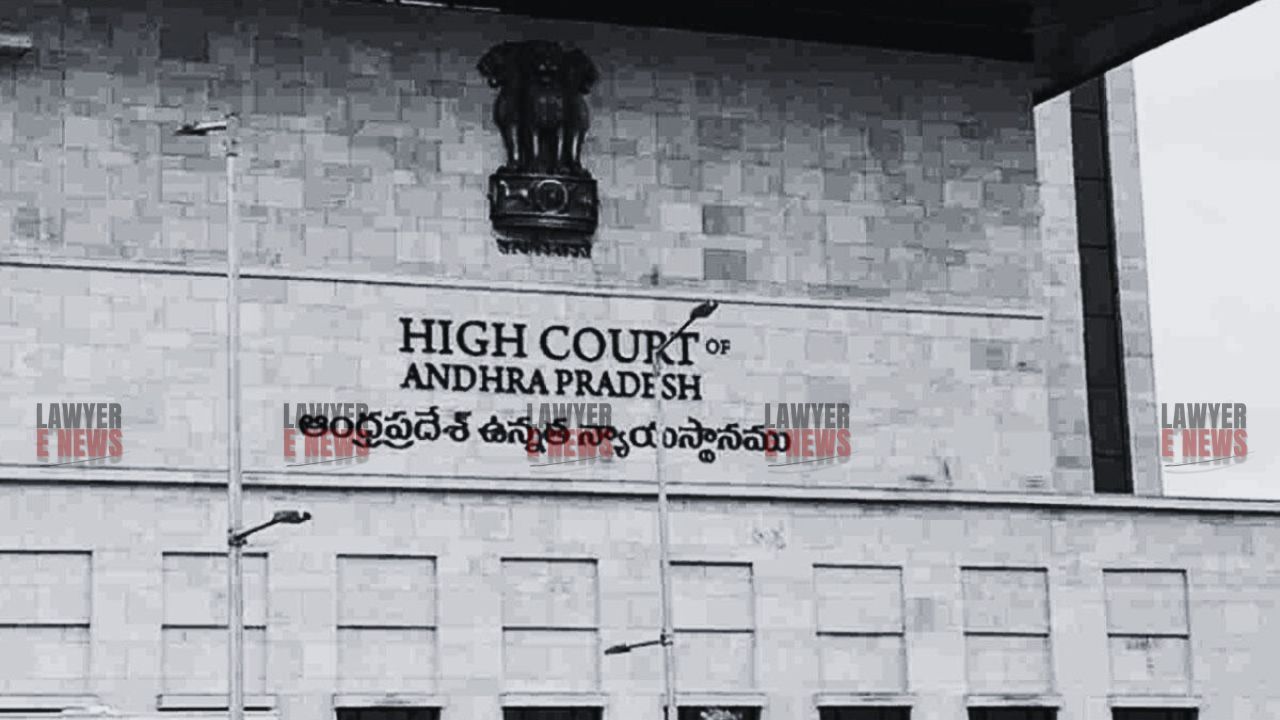-
by Admin
15 February 2026 5:35 AM



High Court demands detailed examination of landowners’ objections in BPCL’s Krishnapatnam-Hyderabad petroleum pipeline project. In a recent ruling, the Andhra Pradesh High Court directed the Competent Authority to re-evaluate objections raised by landowners affected by a proposed petroleum pipeline project. The court emphasized the need for objective consideration of these objections, ensuring fair treatment for the appellants. The decision stems from a writ appeal filed by landowners challenging the acquisition process under the Petroleum and Minerals Pipelines (Acquisition of Right and User in Land) Act, 1962.
A notification issued by the Central Government on August 16, 2021, under Section 3(1) of the Petroleum and Minerals Pipelines (Acquisition of Right and User in Land) Act, 1962 (PMP Act), initiated the process for laying a 441 km petroleum pipeline from Krishnapatnam in Andhra Pradesh to Hyderabad in Telangana. The Bharat Petroleum Corporation Limited (BPCL), a government undertaking, was designated for this project.
Landowners affected by the acquisition, including horticulturists, filed objections on November 22, 2021, highlighting the impact on their crops and questioning the public interest served by the pipeline. They suggested an alternative route from Machilipatnam Port to Hyderabad to reduce project costs. Despite being given an opportunity for a hearing on December 24, 2021, the petitioners did not attend, leading the Competent Authority to dismiss their objections on February 28, 2022, without detailed consideration.
The petitioners challenged this decision in W.P.No.8951 of 2022, where a single judge found the dismissal unsustainable due to lack of objective consideration but still denied the request to alter the pipeline route.
The court underscored that the Competent Authority must objectively consider the objections filed by landowners. The initial dismissal lacked a detailed examination of the appellants’ concerns, which the court deemed essential for a fair process. The Chief Justice, Dhiraj Singh Thakur, stated, “The validity of an administrative order must be judged by the reasons mentioned at the time of the decision, not supplemented by later explanations.”
The court emphasized that the Competent Authority’s role is quasi-judicial, requiring adherence to principles of natural justice and detailed reasoning for decisions. The judgment cited precedents such as Nareshbhai Bhagubhai vs. Union of India and Hindustan Petroleum Corporation Ltd. Vs. Darius Shapur Chenai to reinforce the necessity for reasoned orders in land acquisition cases.
The court reiterated the legal principle that statutory functions must be performed as mandated by the relevant laws. The requirement for a speaking order was stressed, ensuring that the reasons for dismissing objections are clearly documented and justified.
Chief Justice Thakur remarked, “When a statutory functionary makes an order based on certain grounds, its validity must be judged by the reasons so mentioned and cannot be supplemented by fresh reasons in the shape of affidavit or otherwise.”
51The High Court’s directive mandates a re-evaluation of the objections raised by the petitioners, providing them an opportunity for a fair hearing. The decision underscores the judiciary’s role in ensuring administrative processes adhere to principles of natural justice and statutory requirements. This ruling is significant for future land acquisition cases, emphasizing the need for transparent and reasoned decision-making processes.
Date of Decision: July 26, 2024
B. Sreedhar and Others vs. Union Of India and Others
